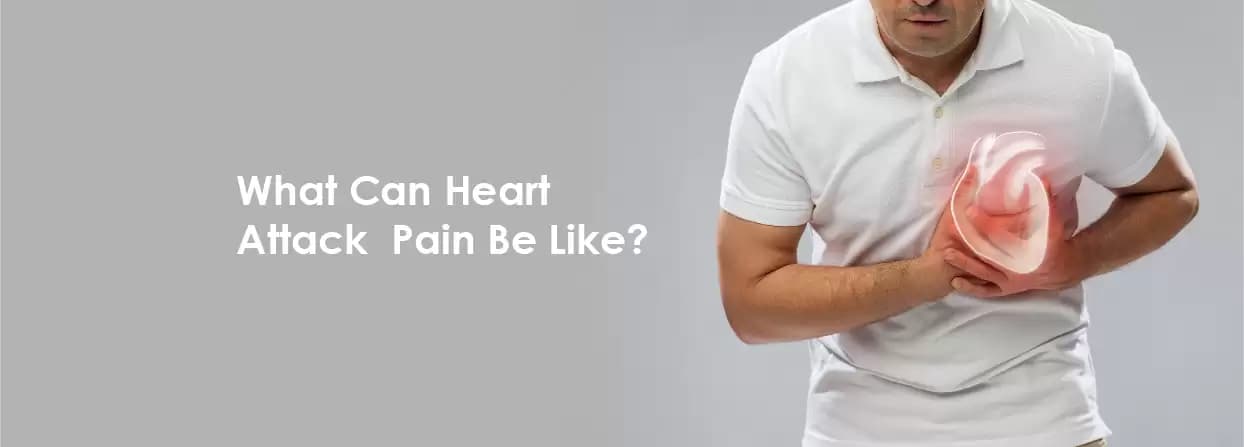
If you often feel a dull ache or burning sensation in your chest and have ignored it for so long, you should consult your doctor right away. The pain might get severe and raise a concern related to a heart attack.
If you often feel a dull ache or burning sensation in your chest and have ignored it for so long, you should consult your doctor right away. The pain might get severe and raise a concern related to a heart attack. Here we’ve discussed the heart attack symptoms and the risk factors associated with the same. Our experts practicing at the best heart hospital in Kolkata have helped us. So that you will be aware when you or a loved one requires medical assistance.
Your doctor may use several pieces of information to come to the conclusion that you are having a heart attack. However, the symptoms can tell a lot more about your heart condition. The following are the symptoms that you need to know before seeking medical help.
Unlike an aching knee or a sore lower back, chest pain isn't something you can put off until tomorrow. It is also not something that can be diagnosed at home. If you are concerned about pain or discomfort in your chest, upper back, left arm, or jaw, or if you suddenly faint or develop cold sweat, nausea, or vomiting, don't play doctor; go see one right away.
The type of pain you’re experiencing can tell a lot more about your heart condition.
As suggested by our experts practicing in the best cardiac hospital in India, women may often experience typical heart attack symptoms that include-
A number of health issues, as well as your lifestyle, age, and family history, can all increase your risk of heart disease and heart attack. These are known as risk factors. Approximately half of the world's population suffers from major risk factors for heart disease: excessive blood pressure, high cholesterol, or smoking.
Some risk factors are uncontrollable, such as family history or young age. However, you can reduce your risk by modifying the things over which you have control.
To complicate matters further, some heart attacks occur with no typical signs or even any obvious symptoms at all.
If, for example, the clot restricting blood flow dissolves or becomes dislodged and is absorbed into the body, a silent heart attack may resolve on its own. However, a silent heart attack might still cause harm.
The majority of us are unaware of the warning signs and, as a result, ignore them. It is critical to have a cardiologist evaluate you on a frequent basis. You can consult our experts at one of the leading heart hospitals in Kolkata, who provide high-quality cardiac care.
Written and Verified by:

Dr. Anjan Siotia is the Director of Cardiology Department at BM Birla Heart Hospital, Kolkata, with over 12 years of experience. He specializes in complex angioplasty, chronic total occlusion, TAVI, CRT & ICD pacemaker surgery, and radial interventions.
Similar Cardiology Blogs
Book Your Appointment TODAY
© 2024 BMB Kolkata. All Rights Reserved.